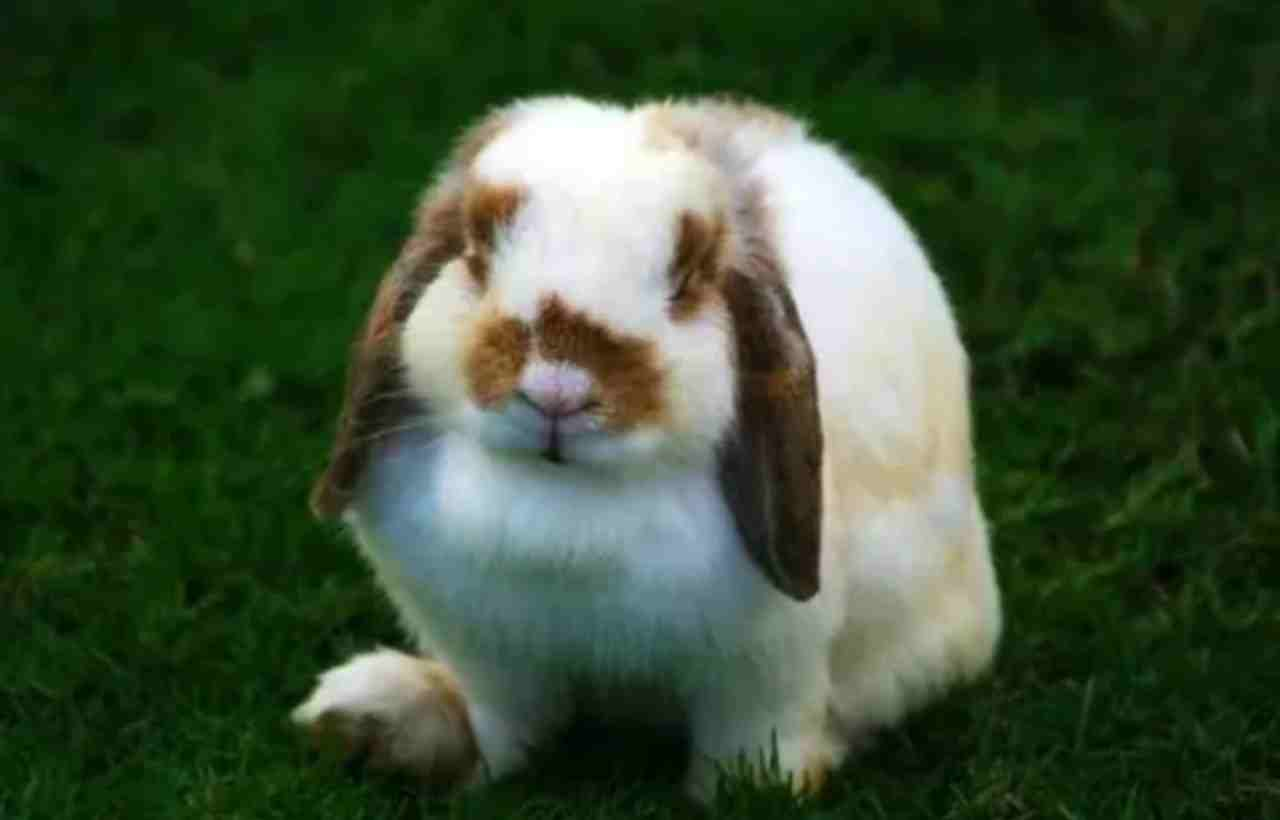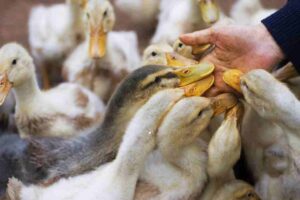Holland Lops are one of the most adorable rabbit breeds that pet owners love to have as pets because of their cuteness and gentle nature. A responsible pet owner should be aware of the Holland Lop Lifespan so that they can provide their Holland Lop with the best care possible. In this article, we will explore the factors that influence the Holland Lop Lifespan:, how to care for them, and what you can do to ensure they live a long, happy life.
Understanding Holland Lops

Overview of the Holland Lop Breed
Holland Lops are small, compact rabbits with distinctive floppy ears and friendly nature. They were developed in the Netherlands during the 1950s through a crossbreed of the French Lop and the Netherland Dwarf. The playful nature of Holland Lops makes them great companions for families and individuals alike.
Physical Characteristics
| Feature | Description |
|---|---|
| Size | 2 to 4 pounds |
| Height | 10 to 12 inches |
| Lifespan | 7 to 10 years (average) |
| Coat Colors | Variety of colors and patterns |
Holland Lop Lifespan: What to Expect

Average Lifespan
The Holland Lop averages a life span of between 7 to 10 years, but some may live longer with good care. Some of the factors that affect the duration of your pet’s life are genetics, diet, housing, and medical care.
Factors Affecting Lifespan
- Genetics: Just like humans, genetics plays a crucial role in the lifespan of Holland Lops. Breeders who prioritize health in their breeding programs can contribute to longer Holland Lop Lifespan in their bunnies.
- Diet: A well-balanced diet is vital for maintaining the health of your Holland Lop. A diet rich in hay, fresh vegetables, and limited pellets helps prevent obesity and health issues, thus potentially extending their Holland Lop Lifespan.
- Housing: Providing a safe, clean, and spacious environment is essential. A well-ventilated and secure habitat minimizes stress and reduces the risk of injuries.
- Veterinary Care: Regular check-ups with a veterinarian who specializes in rabbits will help catch any health issues early on. Vaccinations, spaying or neutering, and dental care are all important aspects of your Holland Lop’s health .
- Exercise and Socialization: Holland Lops are social creatures that require regular interaction and playtime. Providing opportunities for exercise and socialization can enhance their mental and physical well-being, positively impacting their Holland Lop Lifespan.
Caring for Your Holland Lop
Nutritional Needs
A proper diet is fundamental to the health and longevity of your Holland Lop. Here’s a breakdown of their dietary requirements:
| Food Type | Recommended Amount |
|---|---|
| Hay (Timothy or Orchard) | Unlimited (80% of diet) |
| Fresh Vegetables | 1 cup per 2 pounds of body weight |
| Pellets | 1/4 cup per 5 pounds of body weight |
| Treats | Minimal (occasionally) |
Housing Requirements
Creating a safe and comfortable living environment is crucial for your Holland Lop’s well-being. Here are some essential housing tips:
- Size: The cage should be spacious enough for your rabbit to hop around comfortably. A minimum size of 4 feet by 2 feet is recommended.
- Bedding: Use safe bedding materials like aspen shavings or paper-based products. Avoid cedar or pine shavings, which can be harmful.
- Cleanliness: Regularly clean the cage and replace bedding to prevent odors and the buildup of harmful bacteria maine coon kittens in florida.
Health Care
Routine health care is vital for ensuring your Holland Lop has a long and healthy life. Here are some key components of rabbit health care:
- Regular Vet Visits: Schedule annual check-ups with a veterinarian familiar with rabbits. They can provide vaccinations and check for any health issues.
- Spaying/Neutering: Consider having your rabbit spayed or neutered, as this can prevent certain health problems and behavioral issues.
- Dental Care: Monitor your rabbit’s teeth, as dental problems can lead to serious health issues. Providing hay helps wear down their teeth naturally.
Signs of Aging in Holland Lops
As your Holland Lop ages, you may notice several changes that are normal but may require adjustments in care:
- Decreased Activity: Older rabbits may be less active and prefer to rest more.
- Changes in Appetite: An aging rabbit might eat less or be pickier about food.
- Weight Changes: Monitor your rabbit’s weight and consult a vet if you notice significant changes.
- Behavioral Changes: Changes in social behavior, such as becoming more withdrawn or irritable, can signal health issues.
Common Health Issues in Holland Lops
Being aware of common health problems can help you take proactive measures to ensure your Holland Lop’s longevity:
| Health Issue | Description | Prevention/Treatment |
|---|---|---|
| Obesity | Excess weight can lead to health issues | Balanced diet and regular exercise |
| Dental Problems | Overgrown teeth can cause pain | Regular dental check-ups and hay |
| Respiratory Issues | Common in poorly ventilated areas | Maintain clean, airy living conditions |
| Gastrointestinal Stasis | A serious condition requiring immediate attention | High-fiber diet and prompt vet care |
Enhancing Your Holland Lop’s Quality of Life
Enrichment Activities
To keep your Holland Lop mentally stimulated and engaged, consider the following activities:
- Toys: Provide chew toys, tunnels, and cardboard boxes to encourage play.
- Social Interaction: Spend time interacting and bonding with your rabbit daily.
- Safe Exploration: Allow supervised time outside of their cage to explore.
Creating a Comfortable Environment
- Temperature Control: Keep your rabbit’s living area at a comfortable temperature, avoiding extreme heat or cold.
- Quiet Space: Provide a quiet, safe space where your Holland Lop can retreat when they feel overwhelmed.
Conclusion
The Holland Lop Lifespan of a Holland Lop can range from 7 to 10 years, but with dedicated care and attention, it’s possible for them to live even longer. By focusing on their diet, housing, and health care, you can significantly enhance their quality of life and longevity. Remember, a well-cared-for Holland Lop is a happy Holland Lop!
- Male Black Widow Spider Markings - March 23, 2025
- Mexican Red Headed Bird: A Brilliant Avian Wonder - January 16, 2025
- Can Turkeys Eat Bread? - January 15, 2025








